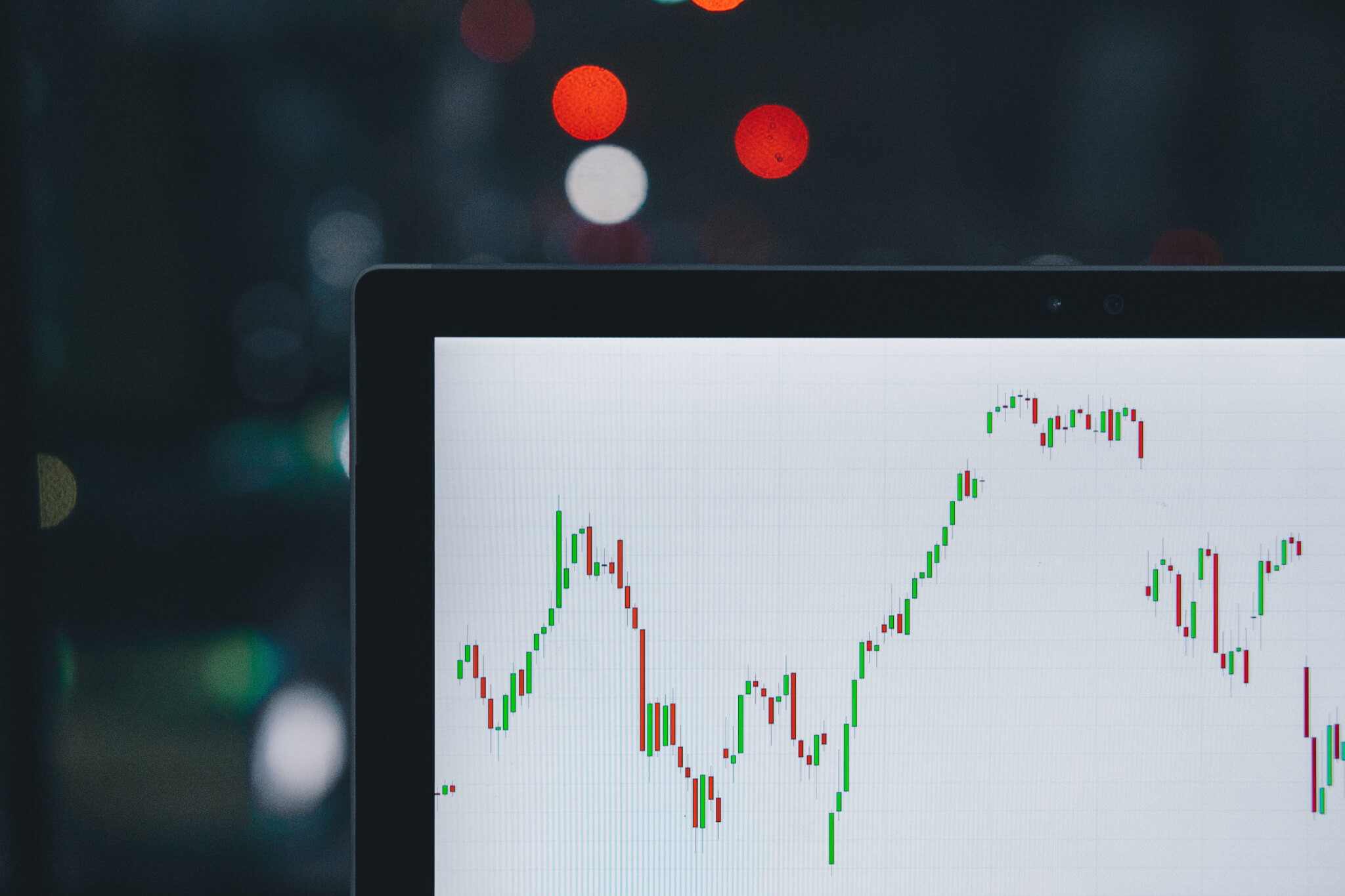- Kyiv School of Economics
- People
- Stories
- What is default and what does it mean for Ukraine?
What is default? Why is it declared?
Default is declared when a country cannot meet its obligations timely and in full. In this case the state negotiates with the creditors asking them to restructure the debt (write off some part of it and extend the deadline for the rest). In the worst case the country simply refuses to repay its obligations. But Ukraine has never used this extreme practice.
Are default and bankruptcy synonyms?
Default cannot be compared with an enterprise bankruptcy, as an enterprise can be liquidated as a result of bankruptcy. A country cannot be liquidated, it continues to exist and function, although foreign markets are closed for this country for some 5-7 years, so it can no longer borrow money. During this time the country can get funding only from such organizations as IMF, the World Bank and the like. Also, governments of other countries may volunteer to help.
What are the consequences of default? We cannot enter foreign markets, our currency depreciates, what else happens?
Yes, national currency depreciates because the investment inflow decreases. At the same time, some investors who injected their money into private companies in this country (or were going to), try to move their dividends out of the country and put their investment projects on hold. Thus not only currency depreciates but also economic activity slows down.
Why do the countries borrow money? They borrow to cover their fiscal deficit. If their access to credit money is restricted, then they have to decrease the fiscal gap by increasing fiscal inflows and decreasing spending. But if the economic situation is complicated, it is unreasonable to expect higher inflows. Thus a country cuts government spending by scaling back on some social or investment programs. Usually capital spending is cut first since it can be decreased relatively painlessly for the citizens. Nevertheless, this cut on spending affects the future as the country infrastructure depreciates.
There is a discussion of default in Ukraine nowadays: people argue whether we have to declare it or not. Are these the two options on the table?
The current discussion of default is very harmful for Ukraine. At the moment, there is no reason to declare a default: we have some economic growth, public finance performs pretty well – budget deficit is within the limits set by the IMF program. Therefore, the government is able to meet its obligations in time.
Ungrounded discussions of default can make investors feel cheated. They can negatively affect investors’ decision to invest in Ukraine or to buy Ukrainian debt instruments. As a result, Ukrainian companies that wanted to attract foreign investment will have a hard time doing it.
Who declares default? Shall it be the President?
No. Public finance is within the competence of the government in Ukraine, in particularly the Ministry of Finance. It initiates negotiations with the creditors and offers them to reschedule payments or restructure the debt. Certainly during the negotiation process the Ministry should have a full political support of the Cabinet of Ministers and other branches of the government.
Imagine that we declared default. Would that imply us not paying our debts?
No one would allow us to do so. If the government declares that we are not going to repay the debt, there would be a series of international litigations, arrest of Ukrainian foreign property and reserves in foreign banks, including the money invested into foreign securities. There are special mechanisms to force the country repay at least some part of its debt, even if the government simply refuses to return money.
Are there any positive results of default?
Usually when default is declared, a country negotiates an IMF program to get financial support conditional on reforms. With hard economic situation in a country it is easier to get political support of reforms specified by the program. These are some positive outcomes. However reforms can be carried out without a default. Also, national currency depreciation which usually accompanies default makes products of domestic exporters more competitive. However, higher profits of several exporters won’t necessarily have a significant positive impact on the economy as a whole.
How will different social groups be influenced by this?
When economy slows down, the poorest suffer the most. Upon a default, economic growth slows down, national currency depreciates, state expenditures decline, as well as real salaries, pensions and social transfers. Thus poor become even poorer.
Those who are not afraid to invest in Ukraine will win because Ukrainian assets will become cheaper. Most likely those would be investors who are able to get some state guarantees for protection of their investment.
What about unemployment? Won’t lower labor cost lead to higher employment?
Currently foreign companies prefer to attract Ukrainian labor force to their countries rather than open new enterprises in Ukraine. Not only labor cost but also property rights protection is important. Constructing a factory in Ukraine generates sunk cost. If rules of the game change (for instance, if a government wants to nationalize this enterprise or if a court can’t protect it from raider attacks), an investor won’t be able to move the enterprise to another place.
Discussions of default can signal to investors, including to those who made direct investment, that the government is not going to fulfill its obligations.
Ukraine has already experienced default in 1998. Do you see any analogies between that time and the present one?
The exchange rate was about 2 UAH per dollar until 1998, then it became 5 UAH per dollar — thus economic crisis caused a significant devaluation. At that time Ukraine started to work with the IMF and some reforms were implemented. Ukraine was lucky because in 2000s there was a strong economic growth in the world, and demand for commodities (metal, grain etc) surged. This upward trend influenced Ukraine positively. However, nowadays slower economic growth is expected, so it won’t be that easy.
If a country is on the brink of default, can higher domestic consumption or some other measures support it?
Do you mean supporting economic growth by higher government consumption? It works in theory but in practice we have to think about the sources of this government consumption increase. If some internal reserves can be found – great (for instance, raising effectiveness of state expenditures). For example, a government-funded infrastructure project can be implemented which will raise employment and stimulate economy. Another possibility is supporting the poorest because research shows that they mainly consume their additional incomes rather than save them. At the same time higher demand may lead to higher prices or higher imports which may negatively affect the trade balance and exchange rate.
What if the taxes are increased?
If taxes and state expenditures are raised simultaneously, then most likely the total effect on economic growth will be near zero.
Moreover, we should consider how higher taxes will impact tax receipts because higher taxes may force some enterprises into the shadow or even out of business. Higher taxes don’t necessarily generate higher tax revenues.
Translation is done by Mykola Kravets and Maryna Shykun


